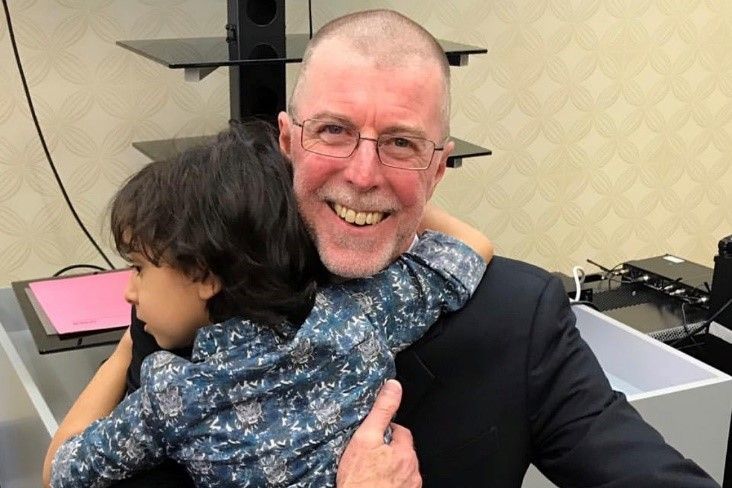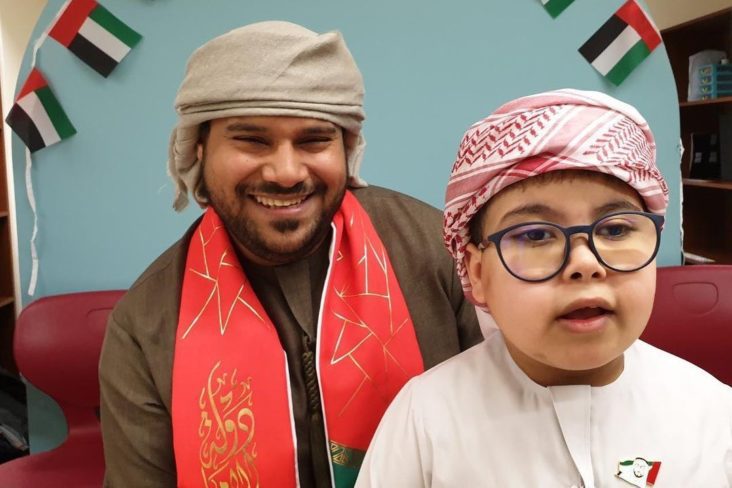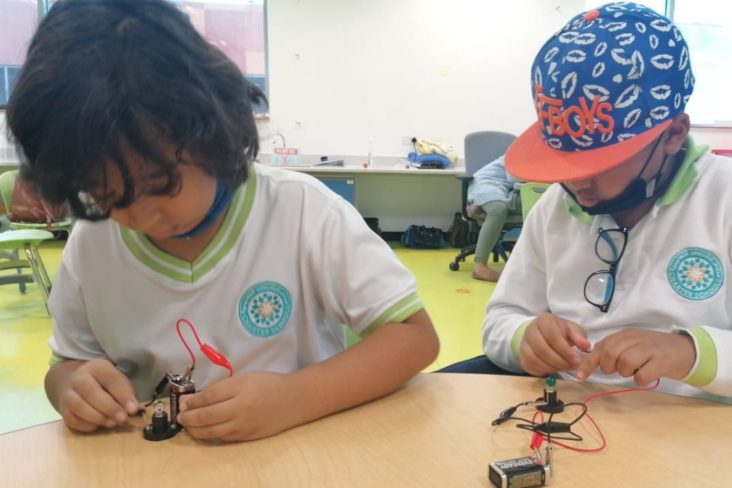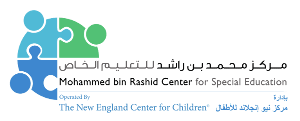OUR RESEARCH
For parents, an autism diagnosis is the beginning of a long journey with their child, one in which support, guidance, and education are key. Although autism is a lifelong disability, research has identified effective education-based treatments such as Applied Behavior Analysis to help children with autism to learn the academic, social, and communication skills necessary to increase their independence.
MRC-NECC conducts applied research on best practices in autism treatment. The goal of all MRC-NECC research projects is to improve the efficacy of our treatment programs. We also share our research findings with colleagues around the world through conference presentations and publications in peer-reviewed journals. Some examples of our current or proposed research projects are:

Communication Treatment and Research
This research lab focuses on the acquisition and teaching of communication skills. Projects range from intervention studies to qualitative research. Currently, this lab is answering two qualitative research questions: The Impact of COVID-19 on Parent-Child Interactions and Parent Perceptions of AAC & Barriers to Implementation in the Home Environment. Additionally, the Communication Treatment and Research group is working on a multi-year project investigating the characteristics of language and social communication skills of individuals with ASD in UAE by looking at student performance across vocabulary skills, speech sound production, pragmatics and social skills, among others.

APE/OT Treatment and Research Lab
This line of research is focused on motor development. Projects focus on a range of areas from involvement and participation in motor development, teaching strategies for improving and developing motor skills, as well as qualitative research. Currently the lab is investigating student participation in physical activity opportunities during the COVID-19 Pandemic within the UAE and United States.

Assessment and Treatment of Problem Behavior
This lab is focused on conducting research in the area of assessment and treatment of problem behavior with particular interests in designing safe and efficient analyses, synthesized reinforcement contingencies and their impact on developing skill repertoires, designing comprehensive function-based treatments, and prevention of problem behavior. Currently this group is investigating the efficacy of a safe and dignifying functional analysis method and the efficacy of functional communication training using a consecutive-controlled case series design.

Skill Acquisition and Training Research
This research lab reviews data for various projects on the topics of skill acquisition, reinforcement, and staff and caregiver training. The investigations currently taking place, many being conducted by doctoral candidates employed across the center, include: 1) Effects of Delayed Reinforcement on Skill Acquisition Tasks; 2) Evaluation of a Generic Behavior Skills Training (BST) Package to Teach Staff Safety Intervention Skills; 2) Teaching ‘Respond to Stop’ using Matrix Training; 4) Behavior Skills Training (BST) to Train Staff How to Design and Implement a Matrix Curriculum. This group also collaborates with research groups and universities across Abu Dhabi.
